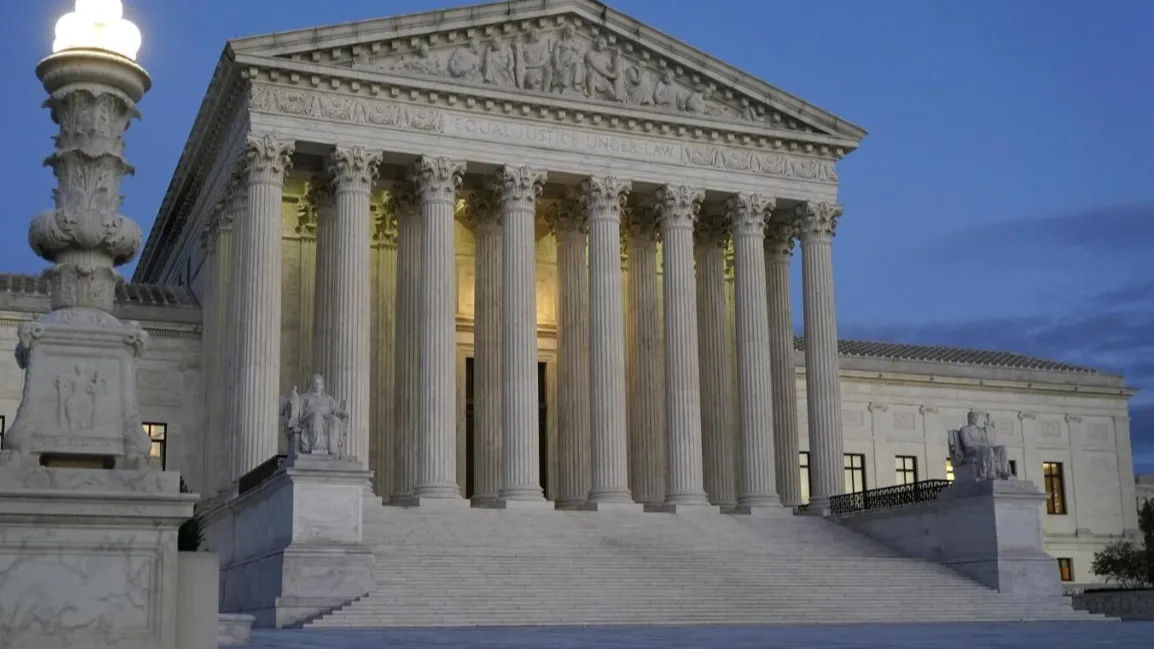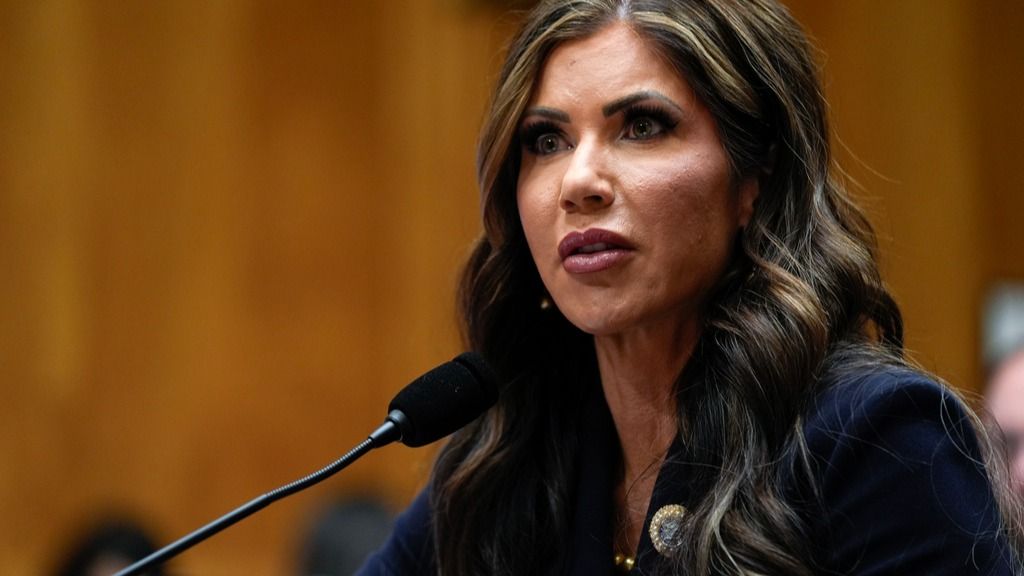The U.S. Supreme Court is set to tackle a series of high-profile and divisive cases as its new term begins, with significant implications for so-called “trans rights”, gun control, and online regulations. As the court returns to the bench, it faces growing scrutiny and declining public approval, particularly from Democrats, who are upset because the bench isn’t furthering a left-wing agenda.
Major Cases to Watch
One of the most significant cases already on the docket involves Tennessee’s ban on so-called “gender-affirming care” for minors, including puberty blockers and hormone therapy. The U.S. Justice Department has challenged the ban, arguing that it violates the Equal Protection Clause of the 14th Amendment. This case could have sweeping national consequences, as 24 other states have passed similar laws. If the court upholds Tennessee’s ban, it could pave the way for other states to restrict so-called “gender-affirming care” for minors.
Another key issue the court will address is gun control. On Tuesday, the justices will hear arguments over a federal rule that bans “ghost guns,” which are firearms assembled from kits without serial numbers, making them difficult to trace. Conservative lower courts have struck down the rule, but the Supreme Court allowed the ban to remain in place while legal challenges continue. Gun control laws have typically struggled in the current conservative-leaning court, which raises concerns among advocates pushing for tighter firearm regulations.
Later in the term, the court is scheduled to take up a case regarding a Texas law that requires people to verify their age before accessing pornographic websites. The law is being challenged on First Amendment grounds, with critics arguing that it places unnecessary burdens on adults and raises privacy concerns. The outcome could have broader implications for how age verification and internet content are regulated.
Election-Related Cases Looming
While the court’s docket is already packed with contentious issues, election-related cases are also expected to surface. With the 2024 presidential election on the horizon and former President Donald Trump signaling that he may contest the results if he loses, Democrats fear a potential repeat of the legal chaos following the 2020 election. Trump was largely unsuccessful in challenging the previous election results, but recent victories in unrelated legal battles have fueled concerns about how the court might handle future election disputes.
The possibility of a case reminiscent of the infamous Bush v. Gore ruling looms large, especially with Trump suggesting he may not accept the election outcome. The legal landscape remains uncertain, but any challenge to the election could have far-reaching consequences for the democratic process.
US Supreme Court to Tackle ‘Trans Rights’, Gun Control, and Online Regulations in New Term world-news World News | Latest International News | Global World News | World News Today




